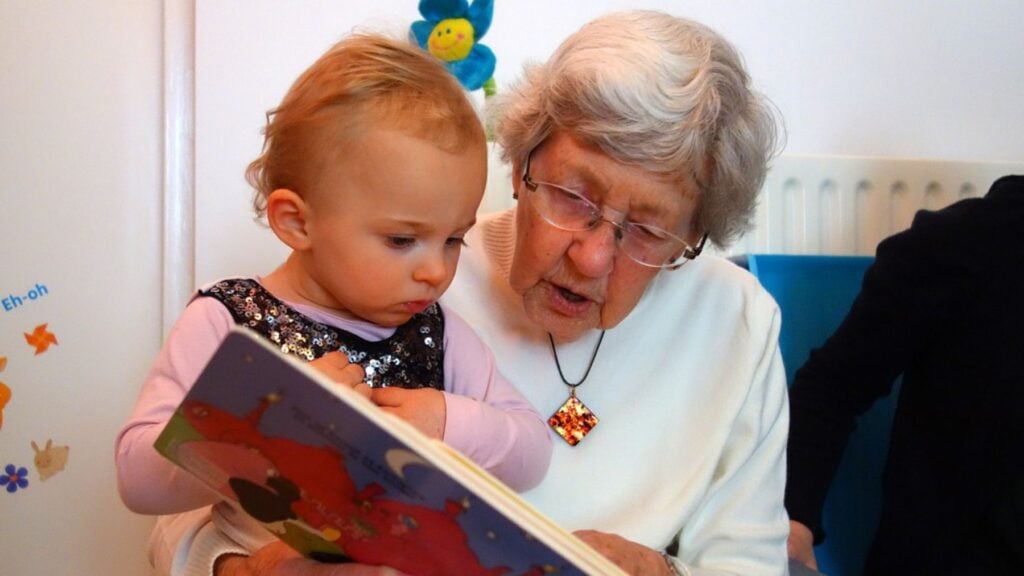Grandparents play a special role in their grandchildren’s lives, offering love, wisdom, and support. However, words spoken with the best intentions can sometimes hurt a child’s feelings or produce undesired effects on their emotional well-being. While many phrases seem harmless, psychology reveals how some specific sentences can shape a child’s self-esteem and perceptions in ways we don’t always intend.
To nurture a healthy and loving relationship, grandparents must choose their words thoughtfully. Here are six sentences you should avoid saying to your grandkids and the alternatives to support their growth and happiness.
1. “You have gained weight”
Comments about appearance, even casual ones, can be harmful to a child’s self-esteem. Pointing out weight changes might make them feel judged or insecure, contributing to body image issues. Instead, it’s important for grandparents to focus on promoting health and positivity. For example, when you visit them you can start by asking: “How are you feeling? Are you enjoying your activities?”, or something specific about what they are doing at that moment. This approach encourages communication driving away the focus from appearance.
2. “Stop crying, you are not a baby anymore”
Dismissing a child’s emotions teaches them that their feelings don’t matter. This can lead to emotional suppression and difficulty expressing themselves in the future. Instead of invalidating their feelings, try saying: “I see you’re upset. Can you tell me what’s wrong?”. Acknowledging their emotions will foster trust and emotional intelligence in the child.
3. “Your sister/brother is better than you”
Any kind of comparison between siblings can breed resentment and feelings of inadequacy. Instead of highlighting differences, make sure to celebrate each child’s individuality. You can say something like: “You’re both so talented in your own ways” and highlight their achievements equally to create a supportive family environment.
4. “Don’t tell your parents”
Asking children to keep secrets from their parents creates a division within the family and undermines trust among its members. It may also promote deceitful behavior. Try focusing on transparency by saying: “Let’s talk about this with your parents together”. This will strengthen family bonds and cultivate honesty.
5. “You are too sensitive”
Telling a child they’re overly sensitive also dismisses their emotions and might make them feel invalidated. As grandparents, it’s good to show empathy by saying things like: “I can see this is important to you. Do you want to talk about it?”. This lets them feel heard and supported and will boost their emotional confidence and bond with you.
6. “When I was your age…”
While sharing stories from your past can be enriching, constant comparisons may make kids feel misunderstood or pressured to meet certain expectations. Try saying: “That reminds me of something I experienced—can I share it with you?”. This approach validates their experience while offering wisdom in a relatable way.
Grandparents have the unique ability to leave a positive impact on their grandchildren’s lives that lasts forever. Choosing supportive words helps foster trust, emotional growth, and a stronger family connection. By avoiding these phrases and offering encouragement, you can guide your grandkids with love, empathy, and understanding.
